Getting Started with Hunting: A Practical Guide for New Adult Hunters
Discover essential tips and techniques for new adult hunters. Equip yourself with practical advice and confidence to start your hunting journey today!
Why More People Are Getting Started with Hunting
As more individuals seek to reconnect with the natural world, the allure of hunting has surged, attracting first-time hunters eager for both adventure and purpose. This age-old activity offers a unique blend of self-reliance, ethical food sourcing, and unparalleled experiences in the great outdoors.
In this blog, we will delve into why many are drawn to the hunt, from the camaraderie within the hunting community to the personal growth accompanying the journey. Ethical considerations play a significant role, as many newcomers are motivated by a desire to hunt responsibly and sustainably.
Hunting is a life-changing journey that enhances shooting skills, deepens a connection to nature, and fosters personal fulfillment. This step-by-step guide equips you with practical advice and confidence to start your hunting journey today!
Hunter Education and Legal Requirements
Before you start hunting, you may need to complete a certified hunter education course called hunter ed. These courses are essential for understanding the legalities and responsibilities of hunting and are sometimes required before receiving a hunting license.
Understanding local regulations
Each state has its hunting regulations. It’s important to familiarize yourself with your state’s registration, licensing, and training requirements, as these can vary widely. Check the wildlife management sites for official information about your chosen location’s hunter education, hunting seasons, and hunting license requirements. These resources offer detailed guidelines on the necessary steps and conditions for hunting in that area. For instance, many states have their rifle seasons and specific dates for wild game, deer hunting, and bird hunting. In addition, be sure to review the public land and private land requirements, as each varies.
Importance of hunter ed
Hunter education courses are designed to prepare new and experienced hunters by providing key insights and tips for successful hunting. They also cover critical information about the state’s regulations, best practices, firearm safety, and ethical hunting standards. Hunter Ed also equips beginners and experienced hunters with hunter safety, encompassing safe firearm handling and ethical shot placement.
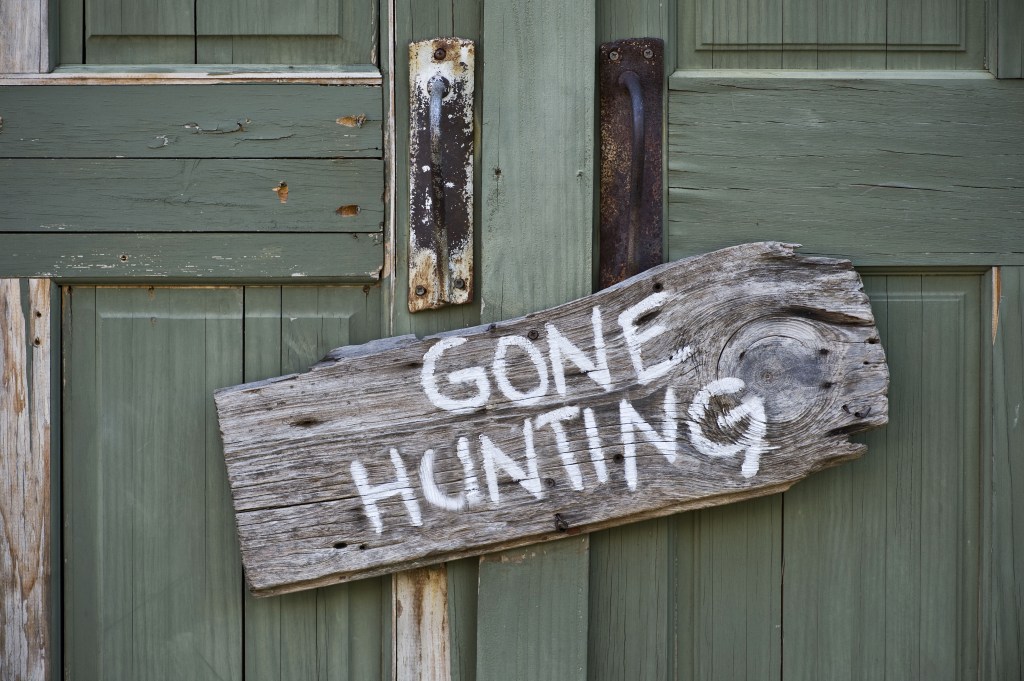
Choosing the Right Game and Gear
Small game and birds are ideal for beginners, as these hunting opportunities allow new hunters to gain essential skills and build confidence. Success in these pursuits heavily depends on having the right gear. This guide aims to assist you in selecting the starting point for your hunting journey and listing the essential equipment you need.
Learning the basics
Familiarize yourself with the hunting seasons, which can vary based on location. For instance, check the opening day for turkey hunting in your area. Engaging in a hunter education program will equip you with best practices, and you’ll greatly benefit from the guidance of an experienced hunter. It’s important to focus on developing basic skills such as scouting, calling, using decoys, and shooting practice. Consider visiting a shooting range to practice your shooting skills effectively.
Resources for new hunters
Numerous resources are available to help you learn more about hunting. Books focused on specific types of hunting, like wild game, deer hunting, or upland birds, can provide valuable insights.
Additionally, some podcast episodes hosted by experienced hunters offer tips and advice. However, learning to hunt is better when you get outdoors with a mentor, whether on public or private land. Just be sure you and your mentor have the proper hunting licenses or permits for hunting.
Essential hunting gear for beginners
Some hunting gear can be budget-friendly as a beginner, while others may require a larger investment (check out our blog for a deep dive on essential gear).
- Clothing: Layering is key, especially in cooler forested areas. A moisture-wicking base layer is essential, but avoid cotton, as it doesn’t retain heat or wick moisture effectively. Synthetic wool is often recommended. Don’t forget your blaze orange attire, a safety requirement.
- Boots: Comfortable, high-quality boots are vital for navigating various terrains, so choose a pair that suits your hunting location.
- Accessories: Along with clothing, some important accessories include a compass and map, a first aid kit, water and filtration systems, snacks, a fire starter kit, shelter, a hunting knife, and a multi-tool.
Specialized gear
Your gear also needs to be tailored to the specific animals you plan to hunt.
- Big Game Animals: If hunting deer from a tree stand, invest in a quality safety harness for security.
- Waterfowl: Essential items include decoys and a bird dog (check out our blog for more information on hunting dogs). Rubber boots and camouflage clothing are also important.
- Turkey Hunting: You’ll need camouflage gear, a calling box, decoys, and binoculars.
Firearms and weapons
Selecting the right firearm or weapon depends on the type of animal you are hunting. Options may include rifles, shotguns, or bows, so be sure to choose the appropriate one based on your target.
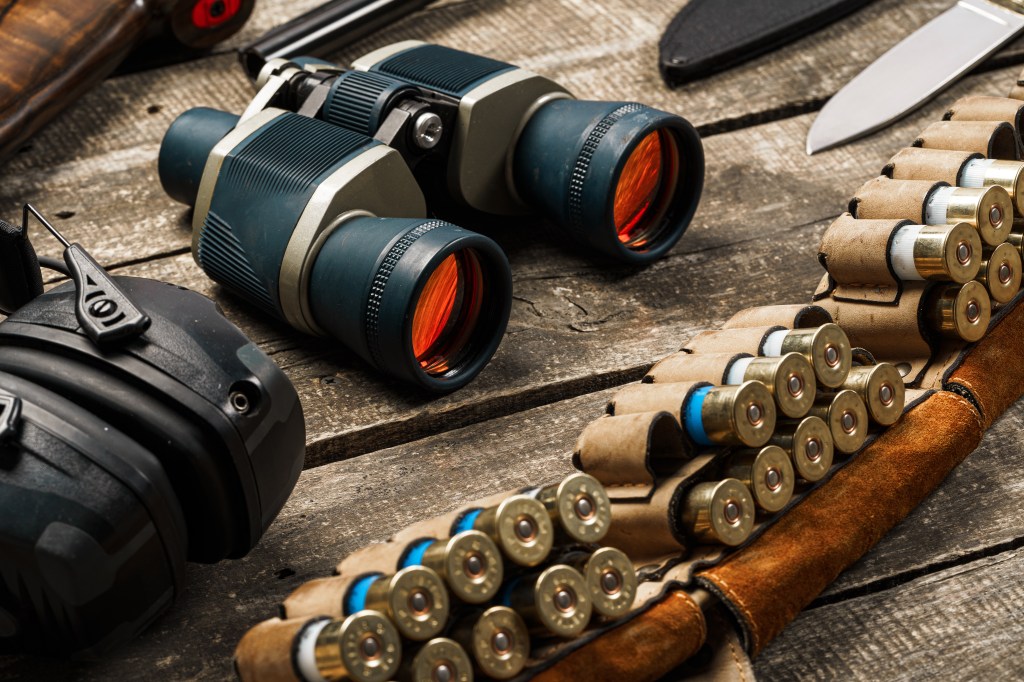
Firearm Safety and Maintenance for Hunters
Understanding firearm basics is crucial, whether selecting your first rifle or ensuring routine maintenance and secure storage. Safety begins well before the hunt, so familiarizing yourself with the fundamental aspects of firearm usage is essential.
Firearm training
Firearm training is a must for anyone using a gun. These courses provide essential knowledge on handling firearms safely, preventing accidents, enhancing shooting techniques, and performing routine maintenance. Some regions even require completion of a firearm safety course to legally hunt, so it’s important to check the specific requirements in the area you plan to hunt.
Gun cleaning and maintenance
Keeping your gun clean and well-maintained is integral to firearm safety, and regular cleaning ensures that your weapon performs reliably when needed. At the same time, routine maintenance allows you to monitor for potential issues. It’s important to note that different types of guns come with their own cleaning and maintenance tools; for example, cleaning a deer rifle may involve different techniques than those used for a shotgun. Interested in an in-depth guide on gun cleaning and maintenance? Check out our blog!
Secure storage
Secure storage plays a vital role in firearm safety. Always ensure your firearms are locked away to prevent unauthorized access and accidents. Use the appropriate storage solutions for each type of firearm and store them in a controlled environment to avoid fluctuations in temperature and humidity. These fluctuations can lead to corrosion and rust. Additionally, ammunition should always be stored separately from firearms to enhance safety further.
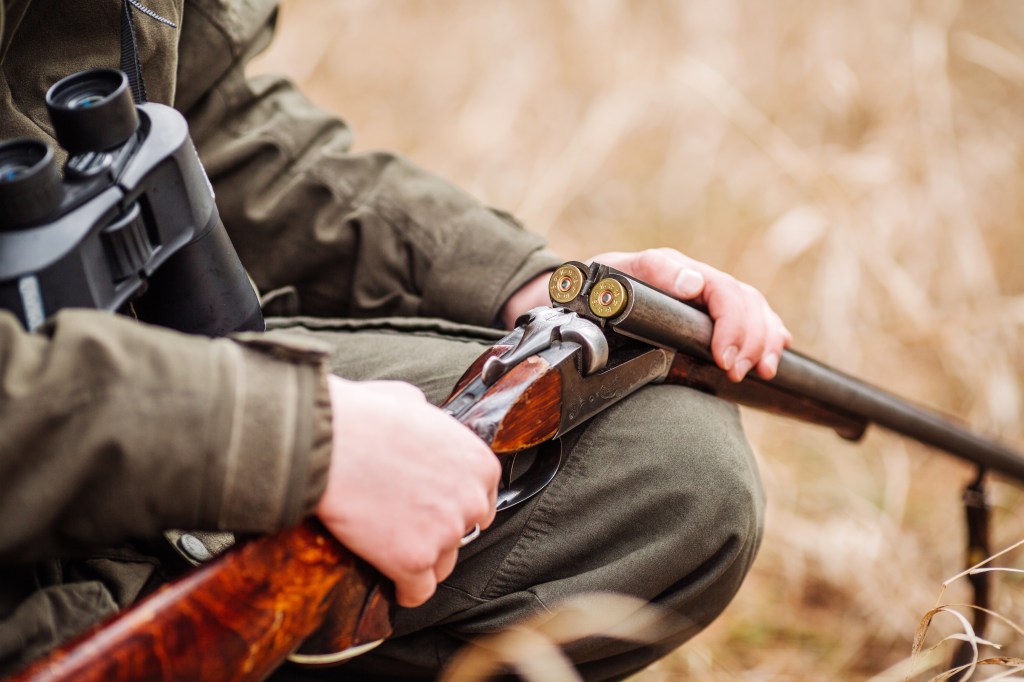
Practicing Ethical and Responsible Hunting
Ethical hunting is based on principles that respect traditions, skills, and wildlife welfare. It focuses on sustainability, fair chase, and responsibility, allowing hunters to help preserve ecosystems and maintain respectful relationships with the land and each other.
Sustainability
At the heart of ethical hunting lies sustainability. This concept involves making thoughtful choices about which animals to hunt, typically focusing on selecting specific wild game within a species, such as older or weaker individuals. This careful selection process helps to ensure that younger and mating populations remain healthy, allowing ecosystems to thrive. By prioritizing sustainability, hunters play a vital role in maintaining biodiversity and the long-term viability of wildlife.
Fair chase
Fair chase is another fundamental aspect of ethical hunting. It signifies the importance of pursuing animals in a manner that gives them a genuine chance to escape, respecting their natural abilities and instincts. Adhering to fair chase principles diminishes the unfair advantage a hunter might have through technology, which enhances their skills and knowledge of the hunting process. Ethical hunters must understand the anatomy of their target, learning the best access points and ideal shot locations (such as the front shoulder), which ultimately fosters a more intimate and respectful connection with their quarry.
Responsible hunting practices
Responsible hunting is a cornerstone of ethical hunting. It encompasses respect for nature, adherence to tradition, and cultivation of skill. Responsible hunters are mindful of hunting etiquette, ensuring that their actions do not jeopardize the safety and enjoyment of fellow hunters or the well-being of wildlife.
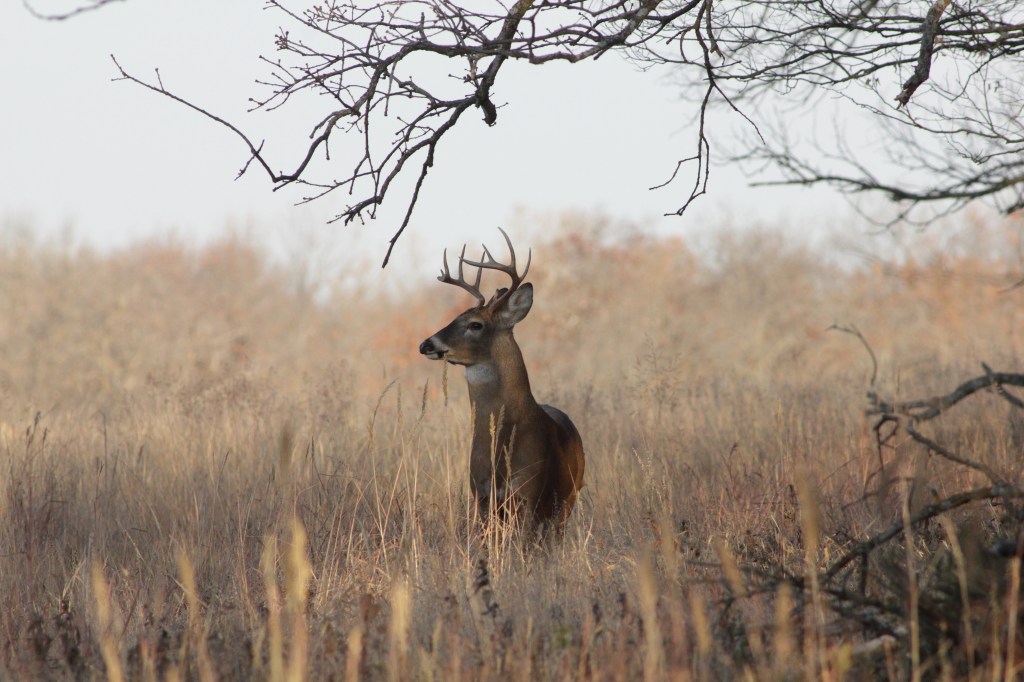
Scouting and Field Preparation
New hunters can gain a vital advantage by mastering tracking, understanding terrain, and effectively scouting public land.
Scouting for game
Scouting involves searching for key elements such as food sources, bedding areas, and tracking signs. This skill allows hunters to gain valuable insights into the patterns and behaviors of the wild game they are pursuing. It’s advisable to engage in scouting before the hunting season begins. This allows hunters to familiarize themselves with the hunting area and create strategies for a successful outing.
Understanding the hunting area
In addition to tracking wild game, scouting is an excellent way to learn about the terrain you will be hunting in. Familiarity with the landscape can enhance your hunting experience. Recognizing geographical features, such as hills, water sources, wind direction, and dense foliage, can inform your approach and help you determine the best spots for setting up. Knowing the lay of the land can also assist in navigating the area safely during your hunt.
Hunting preparation tips
Preparation is a crucial component of hunting success, and scouting plays a significant role. Beyond identifying wild game patterns, it’s important to review the weather patterns and current conditions of the hunting area. Some like to use apps like Google Earth to scope terrain; however, it’s recommended to visit the area in person. Understanding how weather influences animal movement can help refine your plans. Additionally, being aware of your area’s specific hunting laws and regulations is vital to ensure a responsible and legal hunting experience.
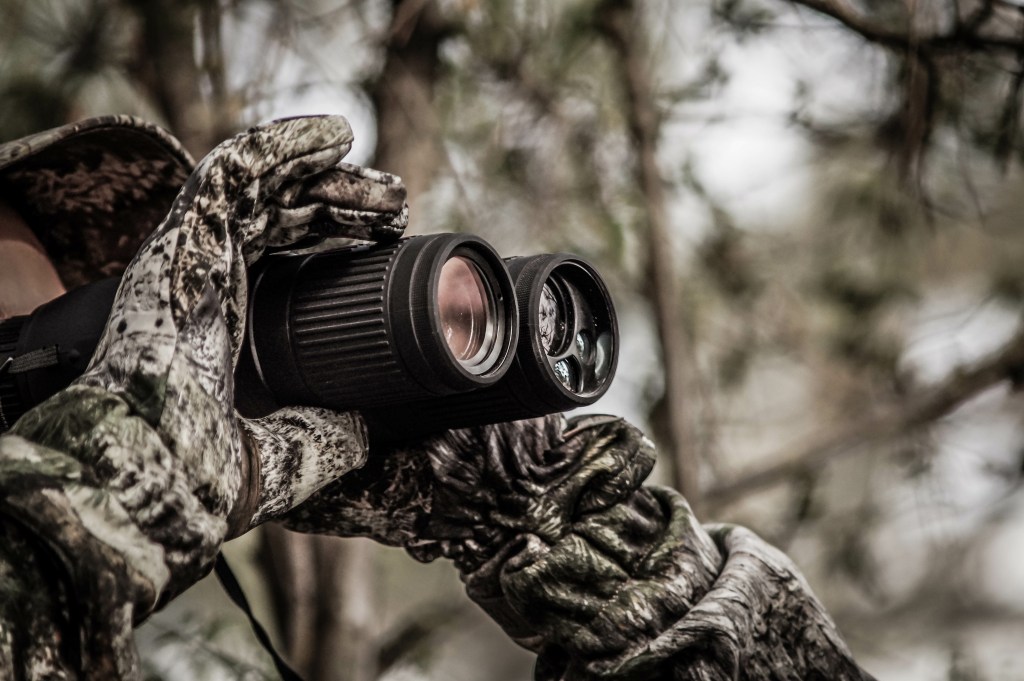
After the Shot: Processing and Handling Game
After a successful hunt, it is important to use proper techniques for field dressing and transporting your wild game to ensure safety and maintain the quality of the meat.
Field dressing tips
Field dressing is the process of gutting the game, and it’s essential for preserving meat quality. The method can vary depending on the type of animal, so it’s important to familiarize yourself with recommended techniques for each species. A good hunting knife can significantly ease the process, and it’s advisable to keep nitrile gloves on hand to prevent contamination during gutting. It’s crucial to perform gutting immediately after a successful hunt, especially if you plan to consume the meat, as this helps avoid any poor-tasting meat due to improper handling.
Game transport and harvesting meat
Proper wild game transport is vital to ensure the meat remains in good condition until you reach your destination. Be sure to carry game bags to facilitate the safe transport of the animal to and from your hunting site. Additionally, some wild game, like elk and deer, may require immediate cooling to maintain meat quality. Always check the recommended temperature guidelines for the specific animals you hunt to ensure compliance with best practices of harvesting meat.
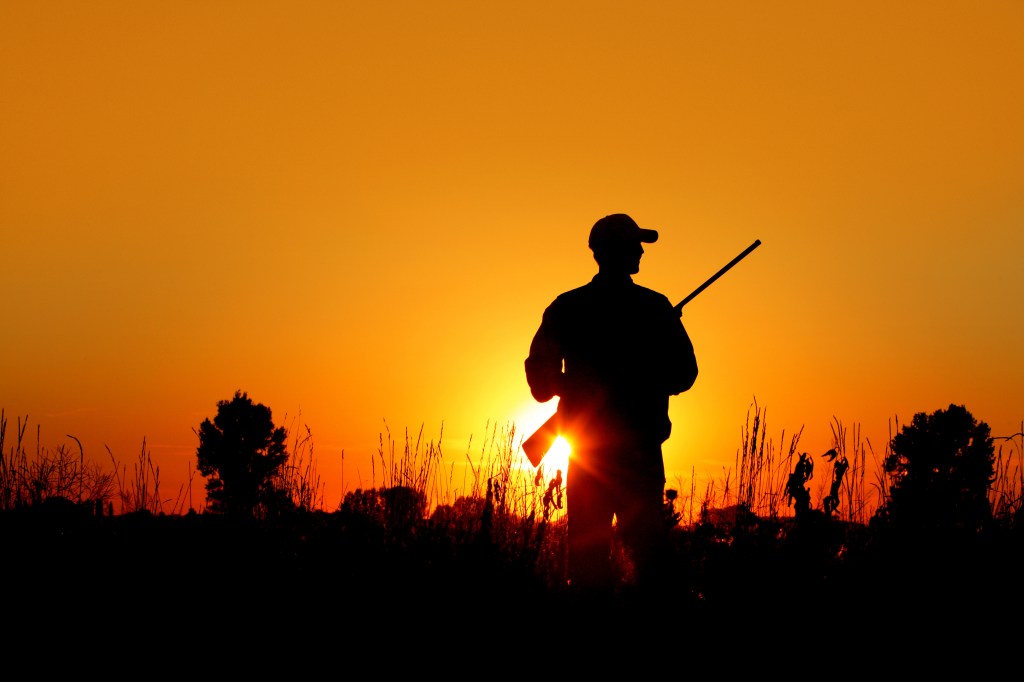
Protecting Your Investment: Hunting Equipment and Firearm Insurance
High-end firearms, optics, and gear need proper protection. Investing in insurance tailored specifically for hunting equipment is vital for avid hunters and collectors alike, ensuring your gear is safeguarded against theft, loss, or damage.
Hunting equipment insurance
Standard homeowner’s insurance often fails to cover firearms and specialized supplies. Hunting equipment insurance fills this gap, offering dedicated protection that keeps your valuable investments secure.
Why firearms insurance matters
Firearms insurance is essential for hunters who want to ensure their firearms are adequately covered. This specialized insurance provides benefits against theft and damage that standard policies may not include, giving you peace of mind in the field.
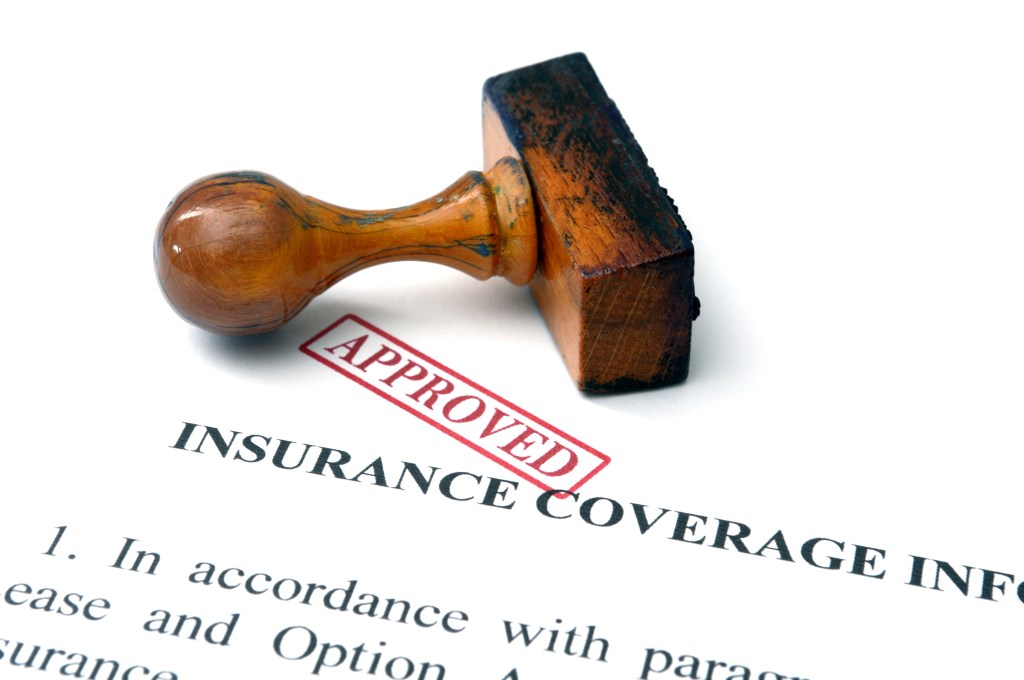
Coverage for Collectible Firearms and Hunting Rifles
At 1776 Insurance, we provide specialized insurance for guns, knives, and hunting accessories. With decades of experience, we understand the unique value of your collection, from antique to modern firearms.
Comprehensive coverage
Our insurance offers extensive protection against risks such as accidental breakage, burglary, fire, flood (except in Zones A & V), loss in the mail, natural disasters, and theft. Coverage is available for your collection at home and while traveling.
Collectible firearms coverage
Antique hunting rifles and collectible firearms are valuable for their craftsmanship and historical significance. Ensuring these firearms protect their legacy and your investment. Our policies specifically cater to the needs of collectible firearm owners, providing peace of mind so you can enjoy your passion for collecting without worry.
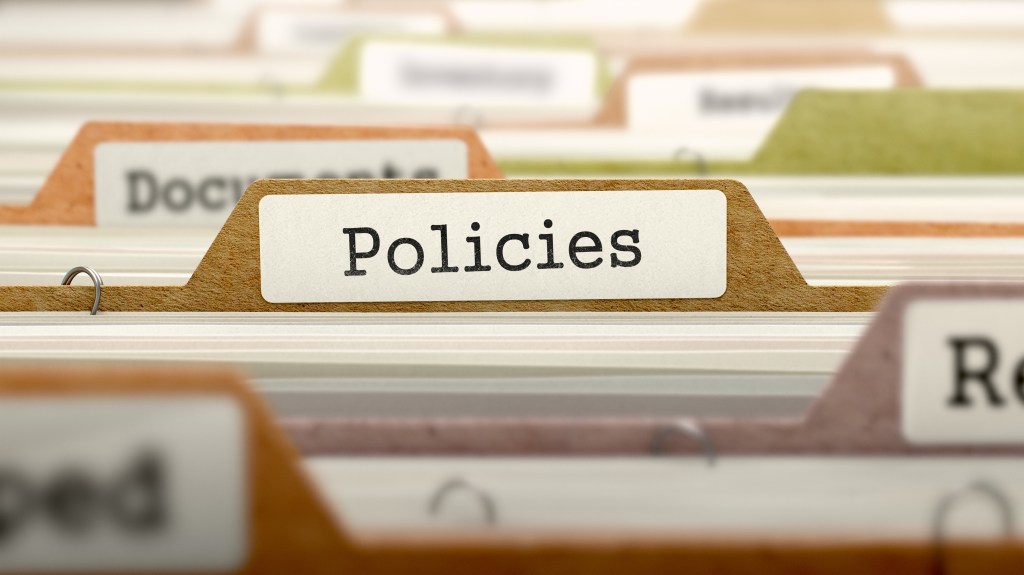
Final Thoughts on Entering the Hunting World
Starting your hunting journey means more than just purchasing a rifle; it encompasses education, ethics, and preparedness. As you embark on this adventure, it’s essential to gain knowledge and confidence while ensuring you have the right coverage and resources at your disposal.
Hunter education
One of the first steps for beginners is to enroll in a hunting education course. These courses provide valuable information on safe firearm handling, state regulations, and the fundamentals of hunting. Knowledge gained from these classes is crucial for ensuring a safe and successful experience in the field.
Connect with the hunting community
Building connections with experienced hunters is invaluable. They can offer insights into the best place to hunt, share practical tips, and help you learn the ropes. Engaging with a community of hunters can greatly enhance your skills and provide opportunities for mentorship and shared experiences.
Hunter safety
Understanding safe firearm handling is paramount for every hunter. Ensure you are well-versed in the fundamentals of firearm safety, including how to properly store and transport firearms, recognize safe and unsafe situations, and handle your weapon responsibly.
Practice makes perfect
Learning to hunt is a skill that improves with practice. First-time hunters should dedicate time to honing their shooting abilities and understanding animal behavior. Regular practice not only builds confidence but also enhances your capability in real hunting scenarios.
Essential gear
Having the right gear is crucial for a successful hunting trip. This includes appropriate base layers and firearms for specific types of game, whether it be big game like elk and mule deer or small game such as rabbits. Ensuring you have high-quality supplies will contribute to your comfort and effectiveness in the field.
Ethical hunting principles
Understanding the principles of ethical hunting is essential for all hunters. This includes learning about fair chase practices, which dictate how to respect wildlife and the environment. Familiarizing yourself with these principles will lead to a more responsible and rewarding hunting experience.
Be prepared
Preparation is the key to a successful hunting excursion. Make sure your gear is ready, your hunting licenses are up to date, and your training is complete. Conducting proper scouting and having field dressing supplies on hand will ensure you’re prepared for whatever the hunt may bring.
Sources
https://www.outsideonline.com/outdoor-adventure/exploration-survival/beginners-guide-to-hunting/
https://www.hunter-ed.com/blog/hunter-tip-need-hunter-education/
https://www.outdoorlife.com/story/hunting/how-to-hunt-step-by-step-guide-for-new-adult-hunters/
https://www.letsgohunting.org/resources/articles/hunter-education/how-to-get-started-hunting/
https://www.nrafamily.org/content/hunting-s-golden-rule
https://www.themeateater.com/hunt/small-game/ask-meateater-how-do-i-get-started-hunting
https://www.tarasportrafting.com/blog/universal-hunters-code-conduct-important-hunting-rules
https://www.hunter-ed.com/blog/how-to-get-into-hunting/
https://gearjunkie.com/outdoor/hunt-fish/how-to-start-hunting
https://www.newhuntersguide.com/2022/04/20/how-to-start-hunting-as-an-adult-without-help-in-15-easy-steps/#google_vignette
https://1776insurance.com/2025/04/22/essential-gun-cleaning-tips-for-optimal-performance-and-longevity/
